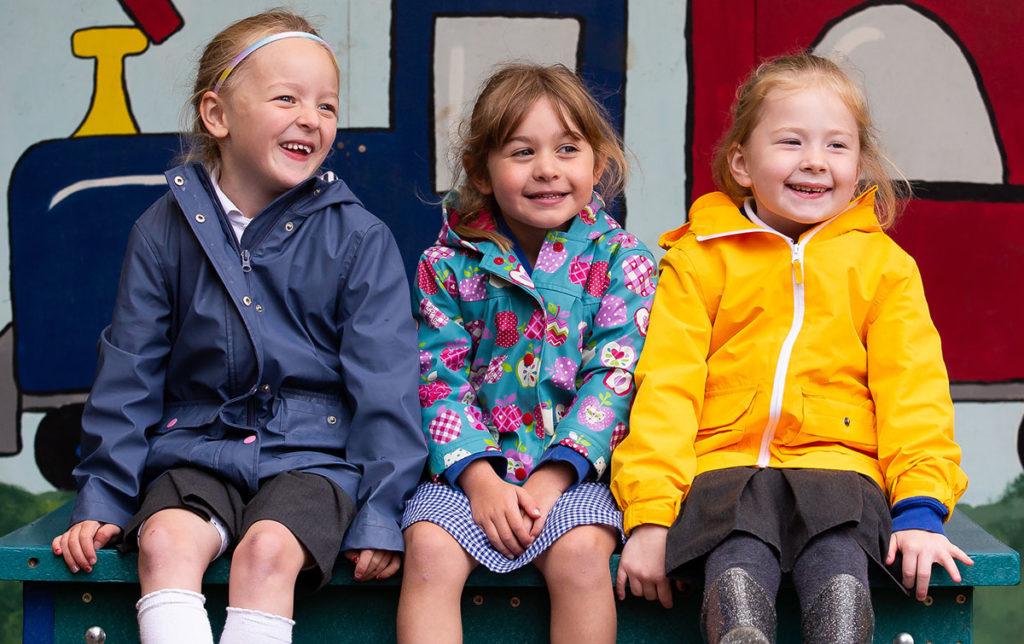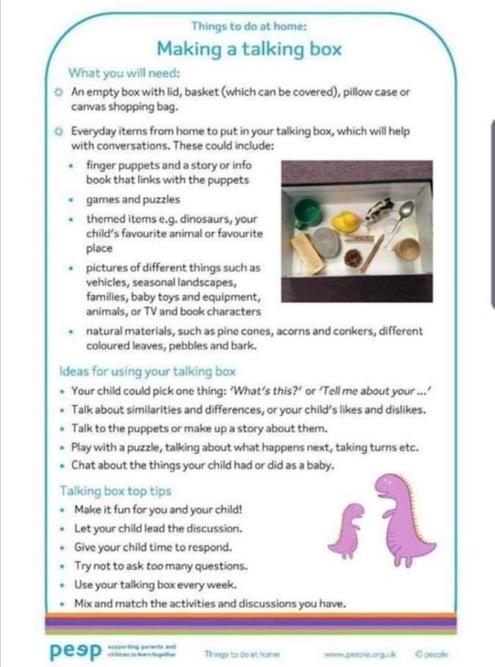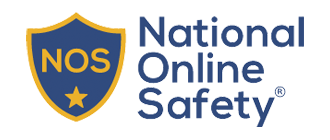Mental Health & Wellbeing at Waynflete Infants' School
Watch our
virtual tour
Watch our
virtual tour
Covid-19 and
Home Learning
Covid-19 and
Home Learning
Upcoming
events
Upcoming
events
Wellbeing advice

Social emotional and communication needs
Advice for supporting your child with ASD / ADHD
The National Autistic Society have some great advice and support on their website.
Social stories
Social Stories are short descriptions of a particular situation, event or activity, which include specific information about what to expect in that situation and why. They are used to help children learn how to react in a certain situation, prepare them on how others may act in certain situations and can prepare children for change.
There are some Social Stories available here on our website, and there are lots available on the Twinkl website. These social stories can be downloaded and edited in order to match your child’s need.
If you cannot find a social story that matches your child’s need, you can write your own. Guidance on how to do this can be found on the link: https://www.autism.org.uk/about/strategies/social-stories-comic-strips.aspx
Social Stories about the Coronavirus
General Social Stories
Helping Your Child Deal With Their Anxiety
For children with anxiety, change can be very overwhelming. Children with anxiety will benefit from the following resources.
Worry Monsters
Worry monsters can be purchased from https://www.amazon.co.uk/Schmidt-42343-Junior-Worry-Eater/dp/B00U4SES0Q/ref=sr_1_11?dchild=1&keywords=worry+monster&qid=1587986046&s=kids&sr=1-11
or you can make your own
Stories
Anxiety is a very difficult feeling to understand and explain for children. The following stories are great resources to explain anxiety in a way that children can understand.
2. Ruby Finds a Worry
After reading the book, you could write your worries down and put them in a bag, and talk about ways to make your worry bag shrink!

Helping Your Child Deal With Their Anger and Frustration
Social Stories
Some children may find it difficult to understand and control their feelings and emotions. This may result in them acting in inappropriate ways. Social Stories are a great way to help children learn how to act appropriately in certain situations.
Visual Aids
We find that some children who find it hard to control their emotions can become frustrated when things don’t happen the way that they have planned and /or when asked to do something they do not want to do. These children greatly benefit from rotuine and clear expectations. Daily Visual Timetables or ‘Now and Then’ boards help children to see what is happening when and this creates a sense of security, hopefully allowing children to maintain calm. It also helps them to visually see that the things they do not want to do will not last forever and they can look forward to fun things planned afterwards (a great resource to use to encourage participation in home learning tasks during lock down).
Stories
Anger and frustration are very difficult feelings to understand and explain to children. They can also be difficult feelings to control. The following stories are great resources to explain anger and frustration in ways that children can understand.
1. The Red Beast
3. Cool Down and Work Through Anger
General Emotional Support with Sendco
For general emotional literacy development please use the following stories and resources.
Speech and Language Support
Construction Therapy
Construction Therapy, sometimes known as Lego Therapy is a great way to develop childrens social and communication skills. Please open the link below to find out how to deliver Construction Therapy sessions.
Please find below a variety of Construction Therapy resouces, or feel free to create your own!
General speech & language resources


Create, print, share and translate symbol materials online. You can create your free individual account using the code WIDGIT30
Recent advice and resources provided by the Northamptonshire SALT team
- https://www.smh.ie/news/latest/2020/04/17/communication-development-at-home-children-young-p/ for younger children
- http://www.ric.edu/sherlockcenter/wwslist.html – symbol friendly books
- https://www.afasic.org.uk/resources/free-downloads/schools-and-learning/ – talking tips for young and school age children
- https://twitter.com/SLT_Worcs/status/1254832231933251584?s=09 – daily walk talking challenge
- https://twitter.com/OUPChildrens/status/1256116357252423680?s=19 – free book for any child who has been feeling worried
- https://youtu.be/7PwEhF6Pjbk – word games to support vocabulary
Cognition and learning
Handwashing advice

It is essential that everyone washes their hands more often, using soap and water for at least 20 seconds. Hand washing with soap employs mechanical action that loosens bacteria and viruses from the skin, rinsing them into the drain. Drying hands afterwards makes the skin less hospitable to the virus. Hand sanitiser can be effective if soap is not available or the situation makes using soap less feasible (i.e. when outside) but using hand sanitiser provides none of the virus-destroying friction that rubbing your hands together and rinsing with water provides.
The e-Bug project is led by Public Health England and has a dedicated webpage for learning resources on hand washing and respiratory hygiene.
Resources are currently available for KS1, KS2 and KS3 and can be used in various settings including schools and at home:


